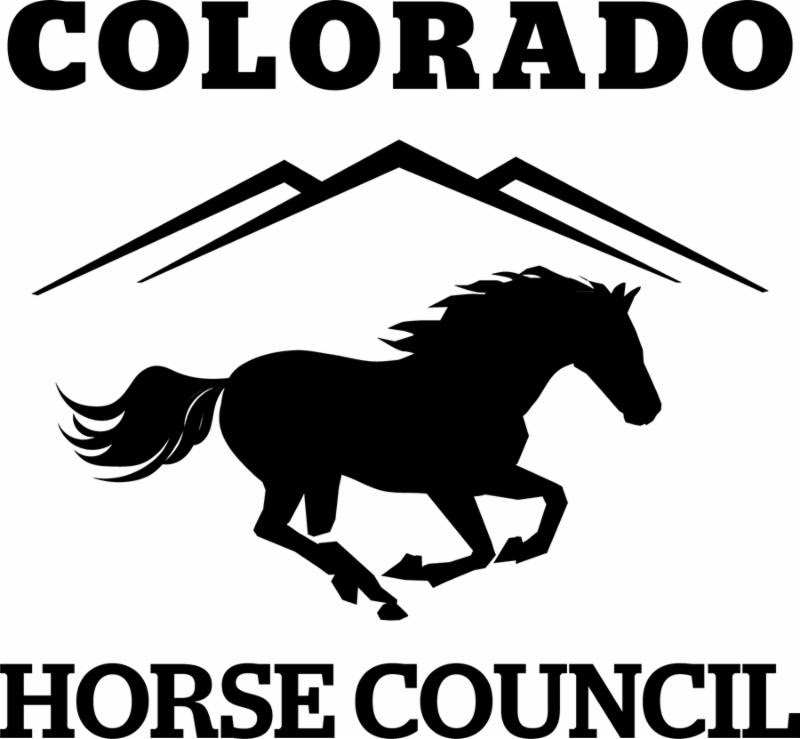VSV – All Cases of VS are Important – 8-2-2019

The following is from the Colorado Horse Council:
August 2, 2019
Colorado State
Veterinarian’s Office
ALL VSV cases are important
Join or Renew your Colorado Horse Council membership online today!
Vesicular stomatitis cases are now confirmed in 14 Colorado counties
FOR IMMEDIATE RELEASE
August 2, 2019
Veterinarians and Livestock Owners Contact: Colorado State Veterinarian’s Office, 303-869-9130
Media Contact: Mary Peck, 303-869-9005,mary.peck@state.co.us
Broomfield, Colo. – The Colorado Department of Agriculture has confirmed cases of vesicular stomatitis (VSV) in the Colorado counties of Adams, Archuleta, Boulder, Broomfield, Conejos, Delta, Jefferson, La Plata, Larimer, Mesa, Montezuma, Montrose, Morgan, and Weld.
ALL VSV cases are important for the epidemiology and management of this outbreak and MUST be reported to the State Veterinarian’s Office at 303-869-9130, regardless if the owner and veterinarian decide to have their livestock tested or choose to manage as positive premises based on the presence of typical clinical signs without testing.The only cases that may be managed as suspect positive are equine cases located in counties that have confirmed cases.
While an individual equine case may not seem vitally important, the case numbers and case management as a whole (diagnostics, movement restrictions, issuance of hold orders and quarantines) are critical.
“It is of utmost importance that livestock owners report VSV occurrences and comply with hold or quarantine orders to limit the potential for disease spread in this VSV outbreak.” said Colorado State Veterinarian Dr. Keith Roehr.
Equine owners and livestock producers across the state are impacted by VSV; all livestock owners should carefully watch the case numbers and affected counties to gauge their level of risk and institute mitigation measures.
The total count of premises under quarantine for VSV by county is outlined in the table below. CDA’s Animal Health division is updating this table regularly with the latest data on its CDA VSV website.
Please see the USDA APHIS Veterinary Services website to read the current situation report for all confirmed cases in the U.S.
The first case of VSV in Colorado was reported on July 3rd in Weld County by a field veterinarian from the State Veterinarian’s Office at the Colorado Department of Agriculture. An incursion of VSV-infected insect vectors is the likely source of infection. There are no USDA approved vaccines for VSV.
Vesicular Stomatitis Background
Vesicular stomatitis is a viral disease that primarily affects horses and cattle but occasionally swine, sheep, goats, llamas, and alpacas will show clinical signs. The transmission process of VSV is not completely understood, but includes insect vectors such as black flies, sand flies, and biting midges.
The incubation period ranges from 2-8 days. Clinical signs include vesicles, erosions, and sloughing of the skin on the muzzle, tongue, ears, teats, and coronary bands. Often excessive salivation is the first sign of disease, along with a reluctance to eat or drink. Lameness and weight loss may follow.
Humans may become infected when handling affected animals, but this is a rare event. To avoid human exposure, individuals should use personal protective measures when handling affected animals.
Tips for Livestock Owners
- Strict fly control is an important factor to inhibit the transmission of the disease.
- Avoid transferring feeding equipment, cleaning tools or health care equipment from other herds.
- Colorado veterinarians and livestock owners should contact the state of destination when moving livestock interstate to ensure that all import requirements are met. Contact information for all state veterinarian offices is listed here.
- Colorado fairs, livestock exhibitions, and rodeos may institute new entry requirements based on the extent and severity of the current VS outbreak. Certificates of veterinary inspection (CVIs or health certificates) issued within 2-5 days prior to an event can be beneficial in reducing risks. Be sure to stay informed of any new livestock event requirements. See the Vesicular Stomatitis Guidelines for Shows and Fairs.
Important Points for Veterinarians and Horse Owners
Any vesicular disease of livestock is reportable to the State Veterinarian’s Office in Colorado – to report call 303-869-9130. If after hours, the voice message will indicate which staff veterinarian on call.
Additional resources
- USDA APHIS Veterinary Services National VSV Update
- CDA Vesicular Stomatitis Information
